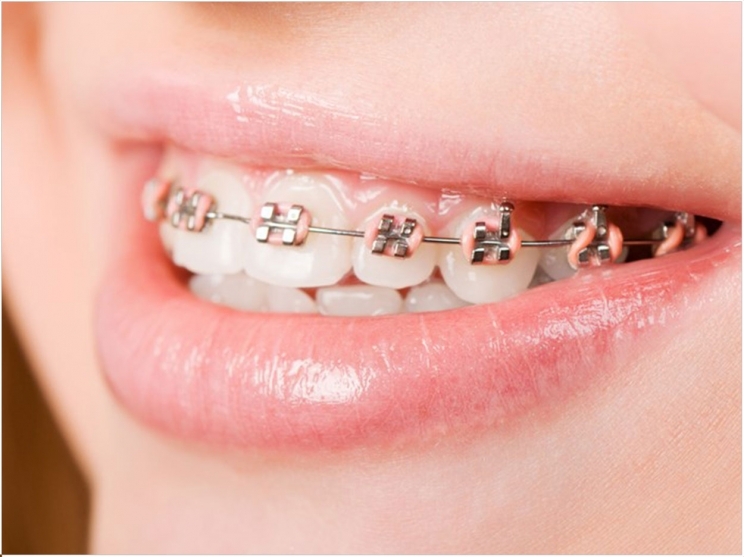
Children who are restless and hyperactive and who can’t concentrate may have a sleep disorder, according to researchers at the Case Western Reserve School of Dental Medicine, who found that about 7% of children between the ages of 9 and 17 in orthodontic care were at high risk for sleep-disordered breathing.
That’s higher than the researchers expected, indicating that sleep-disordered breathing in children may be underrecognized and underreported. The researchers further noted that orthodontists are well-positioned to change that because they see children whose facial development or jaw alignment is impacted by breathing problems and could refer potential issues to sleep specialists.
“Sleep is a tightly regulated and well-organized biologic process affecting daily functioning as well as physical and mental health,” said J. Martin Palomo, DDS, MSD, a professor in the Department of Orthodontics at the dental school and senior author of the study. “Sleep, or a lack of sleep, affects adults and children differently.”
Sleep-disordered breathing describes several conditions including apneas characterized by abnormal breathing patterns. When adults get tired, they show signs of sleepiness, including yawning, heavy eyelids, and sitting down to rest. In contrast, children get hyperactive. They also might snore, breathe through the mouth during the day, awake with dry mouth, or become easily distracted.
In the study, 303 children or their parents completed a questionnaire about sleep and symptoms. About 7% responded with enough “yes” answers to indicate high risk for sleep-disordered breathing. The results, according to the study, suggest the same portion of adolescents in orthodontic care in the general population could similarly be at risk.
Palomo hopes the study will help educate both the public and orthodontists. He also believes, based on published reports, that many children with sleep disorders are misdiagnosed with attention deficit hyperactivity disorder (ADHD), given that the symptoms of both are similar.
“I think it’s important to rule out sleep disorders before a patient is medicated for ADHD,” he said.
The study, “Sleep Disordered Breathing in Children Seeking Orthodontic Care,” was published by the American Journal of Orthodontics & Dentofacial Orthopedics.
Related Articles
How to Boost Compliance Among Your Orthodontic Patients
Dentist-Physician Collaboration Fundamental to Dental Sleep Medicine
How to Transition Pediatric Patients to Adult Treatment











